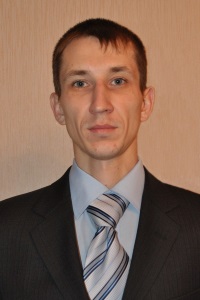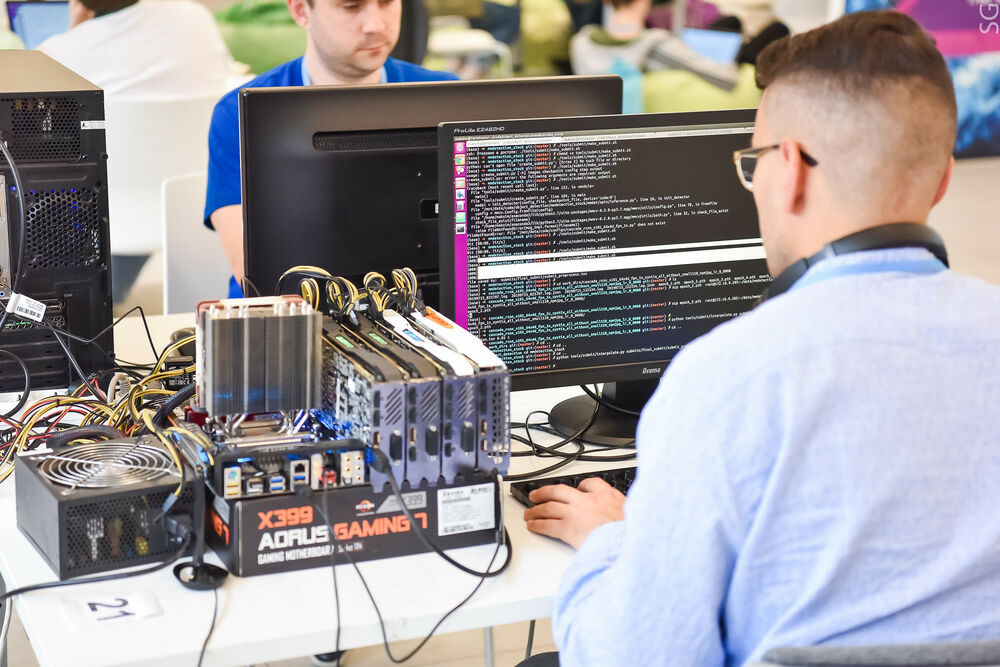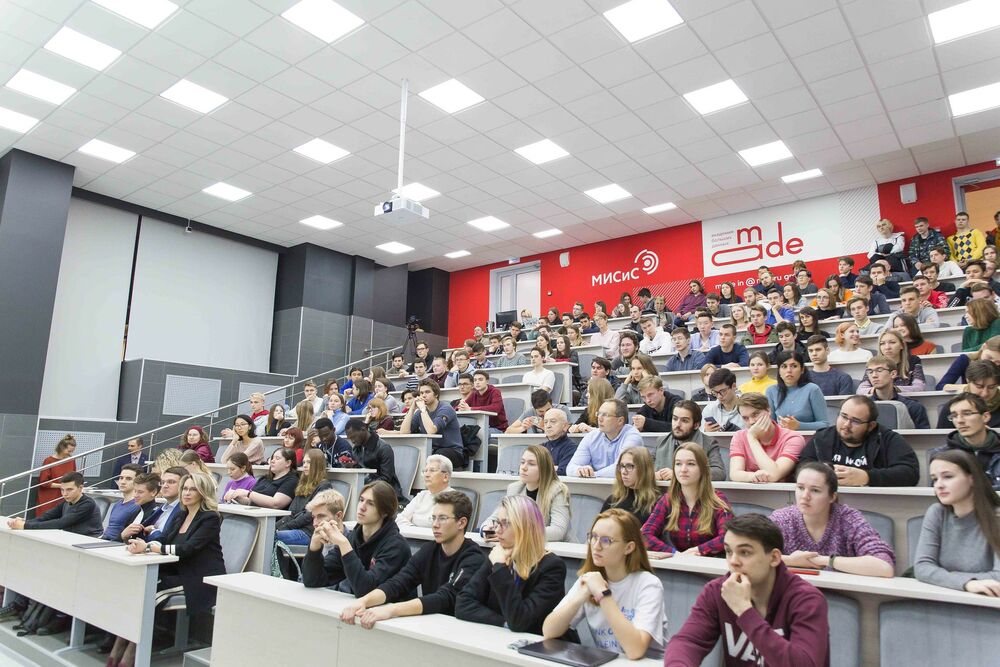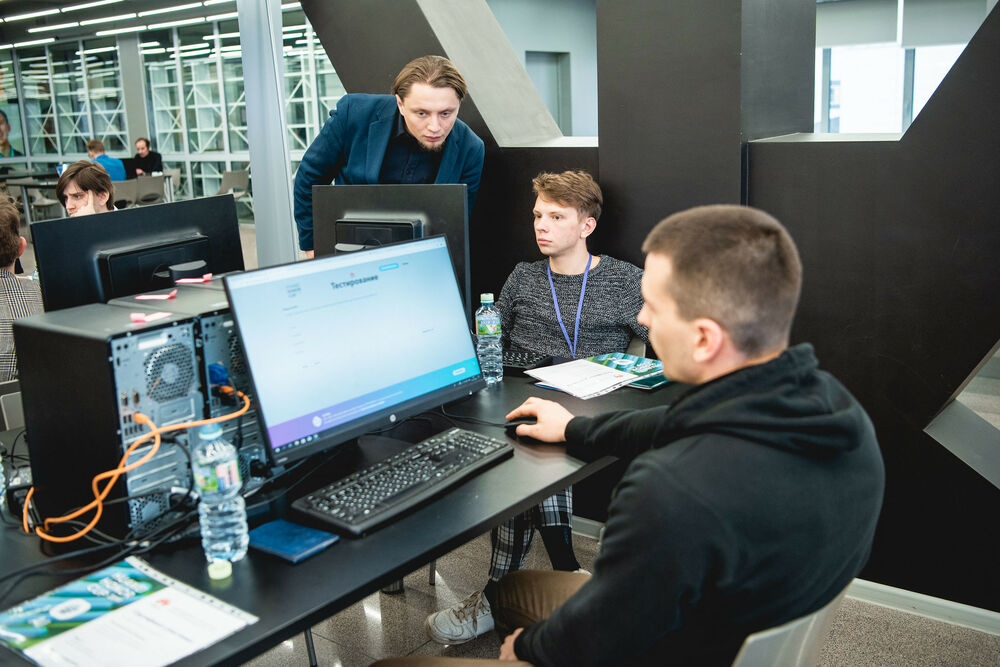Algorithms and Methods of Knowledge-Intensive Software Engineering
Do you want to join a community of smart technology creators? Studying in this educational track will enable you to become an IT specialist in high demand in the global industry. You will learn relevant mathematical models and methods; gain skills in data analysis, machine learning, and the modeling of complex systems and processes. You’ll be able to program in three languages, implement innovative IT solutions, create computer vision systems, artificial intelligence, program robots, build “smart cities,” and develop digital services.
The duration of the program is 4 years.





_1000_1000.jpg)


